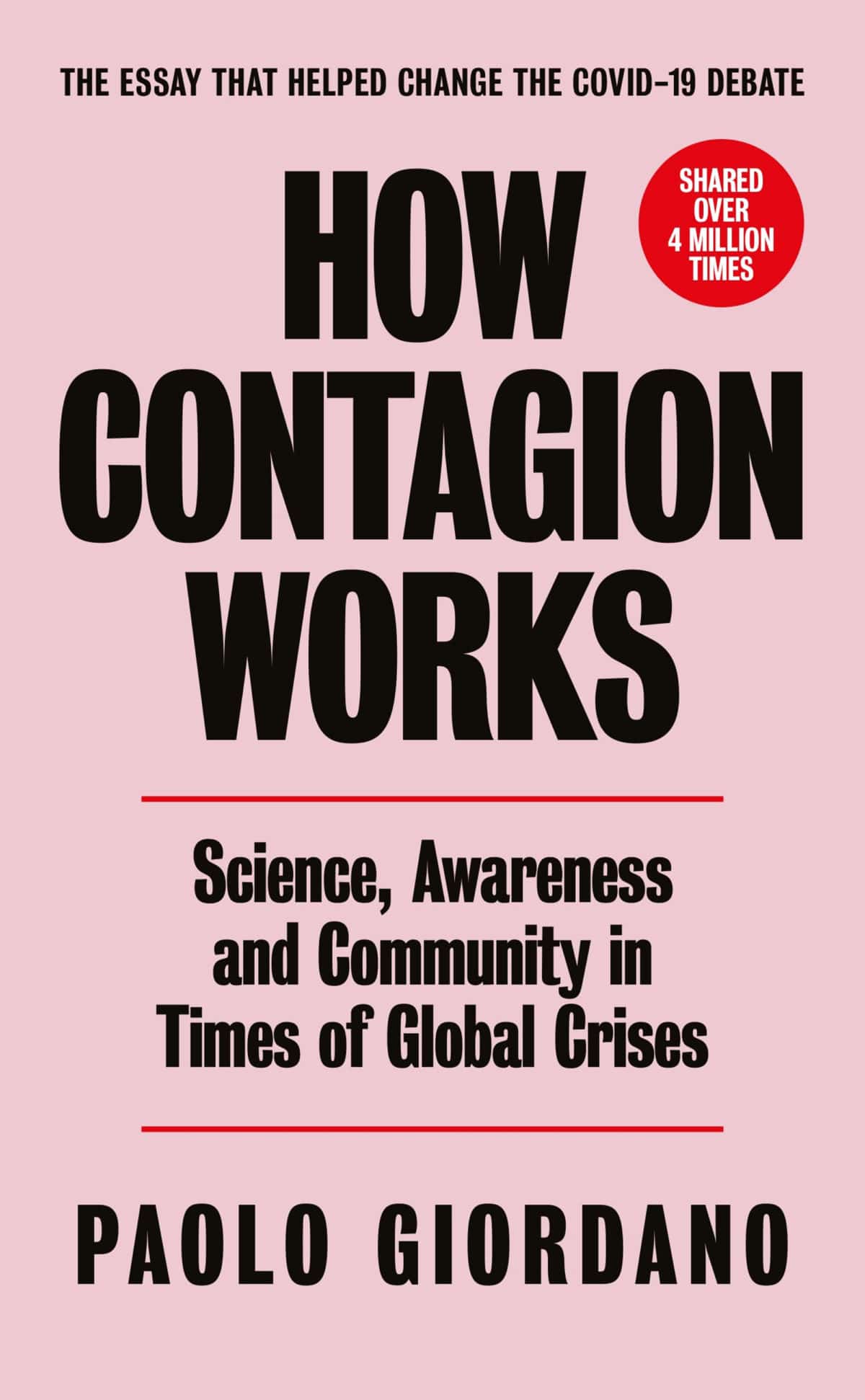By Dan Falk/Undark
Aside from the U.S., few countries have been hit as hard by COVID-19 as Italy, where nearly 30,000 people have died since the first cases were reported at the end of January.
As his country went into lockdown in March, Italian physicist and novelist Paolo Giordano began to think about how the pandemic was altering society. His essay “How Contagion Works: Science, Awareness, and Community in Times of Global Crises,” composed as the pandemic unfolded day by day, has now been published as an e-book by Bloomsbury.

Giordano, 37, is the author of four novels, including the international bestseller The Solitude of Prime Numbers, and is the youngest novelist to win Italy’s prestigious Strega Prize for fiction. (Previous winners have included Primo Levi and Umberto Eco.)
For this installment of the Undark Interview, I spoke with Giordano about his perspectives on the pandemic, which range from the mathematical to the personal, as we struggle to come to terms with our new reality. Our conversation has been edited for length and clarity.
Read More
Posted on May 8, 2020



